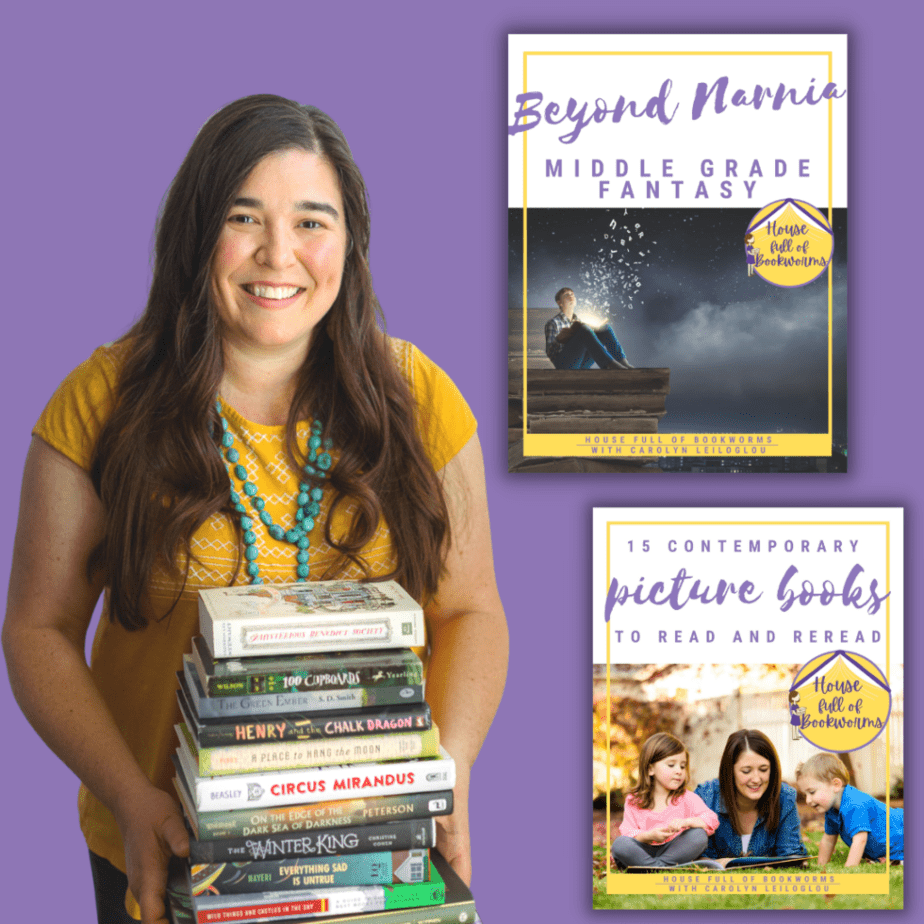Orphan Island is a beautiful, poignant story for kids on the verge of leaving childhood.
My older two kids are about the same age my brother and I were when we started sharing book recommendations back and forth (which we still do to this day). So it’s no surprise that when I handed Orphan Island to my 12-year old daughter, she immediately told her 10-year old brother he could read it after her. I had to stop her and say he wasn’t ready for it yet, but she could tell me what she thought when she was done. After reading and loving the book, she agreed with me. It’s not his time to read it. I know why. He’s not the one leaving the island.
The Story
Nine orphans live on an Eden-like island with only one rule that must not be broken: you cannot stay. Each year, when a boat brings a new child, the oldest must board the boat and travel into the unknown. Until Jinny won’t. After all, the island is good. The kids care for themselves. Snakes don’t bite. Bees don’t sting. And Jinny, as the Elder, feels guilty leaving her care, Ess.
But Jinny’s overprotection of Ess is motivated by fear of the unknown. She clings to her childhood by finding reasons to stay. She coddles Ess as if keeping her safe and protected can delay her own inevitable growing up.
And yet, she is growing up. Her increasing disenchantment with the simple joys of childhood proves it as does her mounting fear that something bad will happen to Ess or someone else.
The choice Jinny must make when the island’s magic seems at risk is painful, but it also shows she is no longer a child who belongs there.
What I Loved About This Book
- Encapsulates Childhood–I’m stunned at how well Laurel Snyder has captured childhood in the island. It’s exactly the place a child would want to live. But, beyond that, the simplicity, magic, and joy of the island is a beautiful metaphor for childhood.
- Beautiful Writing–Snyder’s writing is vivid and picturesque. Her characters come alive, and each of the nine children on the island had a distinct personality.
- An Aide in Transition–Leaving childhood behind for adolescence is scary. Many kids don’t want to grow up. But, as Jinny shows, it’s inevitable. It’s something that happens on the inside. I think this book can be helpful in guiding kids through this inevitable transition. Even if kids don’t recognize the metaphor present in the book, story is powerful, and I still think it can aid their transition.
Parents Should Know
- Menstruation–There is a scene where Jess starts her period. Blood “from there” is dripping down her leg. She thinks she is breaking inside. It’s made doubly scary since she has no one to ask about it. Overall, the scene is very tastefully done, but you may want to take that into consideration, especially for boys.
- Knives–Part of the kids taking care of themselves includes using tools like knives. There is a scene where the youngest (around four years old) is gutting a fish with a sharp knife.
Overall, I loved Orphan Island. It’s a magical book. Don’t hand it to your kids too soon, but right around the transition from childhood to adolescence, it can be a boat to help carry them across.
Lots of questions remain about this world, and I wouldn’t be surprised to see a sequel.





